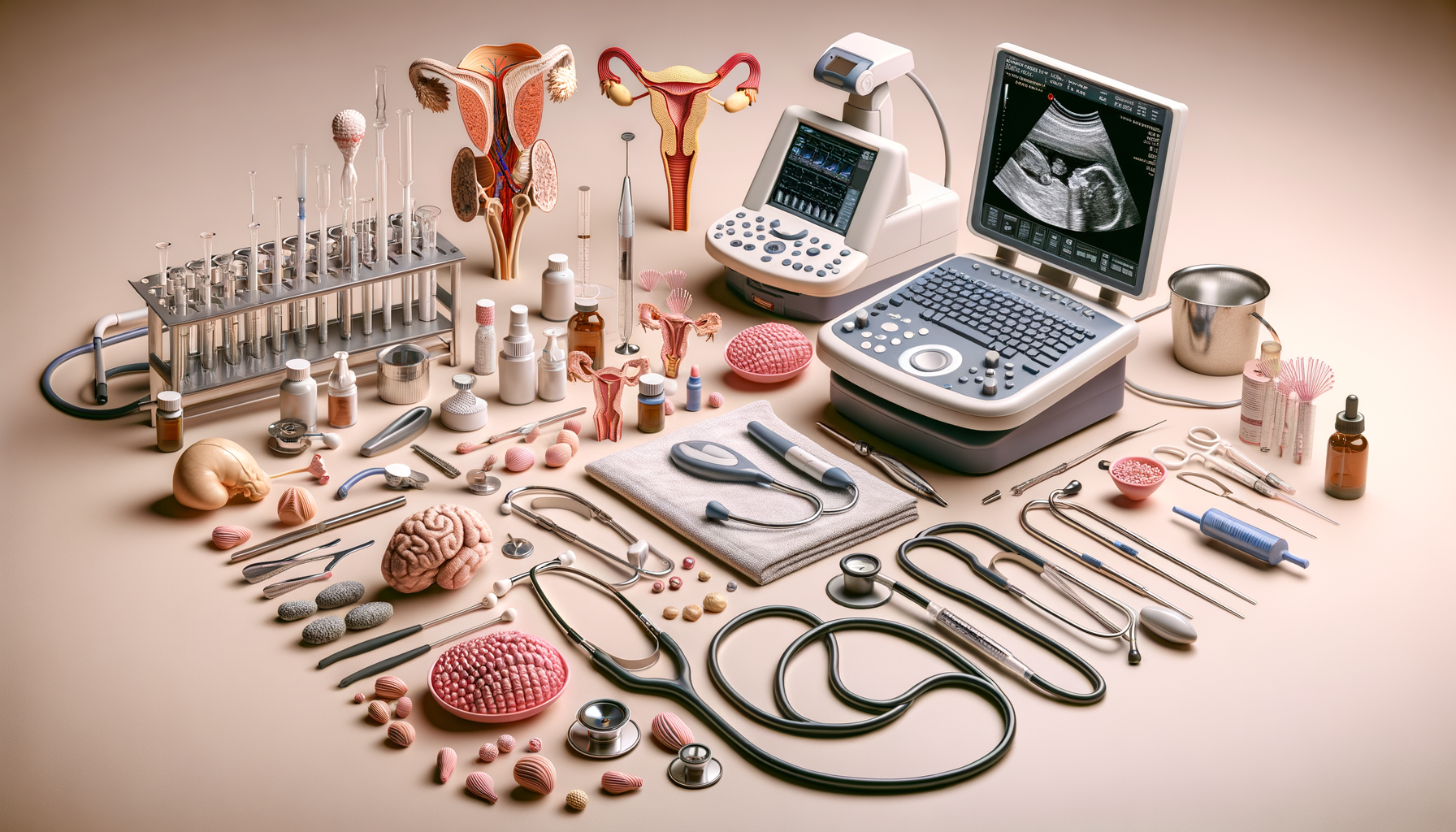Introduction to Congenital Adrenal Hyperplasia
Congenital Adrenal Hyperplasia (CAH) is a group of genetic disorders affecting adrenal gland function, leading to an imbalance in hormone production. This condition can significantly impact the body’s development and reproductive functions, particularly in females, making it a crucial topic within gynecology. Understanding CAH is essential for healthcare professionals to provide effective management and support to affected individuals.
The adrenal glands, located on top of the kidneys, produce essential hormones such as cortisol and aldosterone. In individuals with CAH, enzyme deficiencies disrupt this hormone production, leading to an overproduction of androgens, which are male sex hormones. This hormonal imbalance can result in various physical and reproductive challenges, highlighting the importance of early diagnosis and treatment.
Hormonal Imbalance and Its Effects
The hormonal imbalance caused by CAH can lead to a range of symptoms and complications. In females, excess androgen production can cause ambiguous genitalia at birth, irregular menstrual cycles, and fertility issues. These symptoms necessitate a multidisciplinary approach to care, involving endocrinologists, gynecologists, and mental health professionals to address both physical and psychological impacts.
Moreover, CAH can lead to early puberty or delayed growth, affecting overall development. The management of these symptoms often involves hormone replacement therapy to restore balance and support normal development. Understanding the specific needs of individuals with CAH is crucial for healthcare providers to tailor treatment plans effectively.
Diagnosis and Treatment Approaches
Diagnosing CAH typically involves newborn screening, which can detect the disorder early and allow for prompt intervention. Blood tests measuring hormone levels are used to confirm the diagnosis. Once diagnosed, treatment usually involves lifelong hormone replacement therapy to manage symptoms and prevent complications.
Regular monitoring is essential to adjust treatment as needed and to manage any side effects. In some cases, surgical intervention may be necessary to address physical anomalies. A comprehensive care plan that includes regular follow-ups and support from a multidisciplinary team is vital to ensure optimal outcomes for individuals with CAH.
Impact on Gynecological Health
CAH can have profound effects on gynecological health, influencing menstrual regularity, fertility, and sexual development. Women with CAH may experience irregular or absent menstrual cycles, which can complicate family planning and reproductive health. Fertility may be affected, requiring specialized reproductive endocrinology support.
Gynecologists play a crucial role in managing these aspects, providing guidance on hormone therapy and addressing any reproductive concerns. Additionally, psychological support is often necessary to help individuals cope with the emotional and social challenges associated with CAH, enhancing overall quality of life.
Enhancing Patient-Professional Communication
Effective communication between patients and healthcare professionals is vital in managing CAH. Patients should feel empowered to discuss their symptoms, treatment options, and any concerns they may have. Healthcare providers must be knowledgeable about the condition and responsive to the unique needs of each patient.
Educational resources and support groups can be valuable tools for patients and families, providing information and a sense of community. By fostering an open dialogue and providing comprehensive care, healthcare professionals can significantly improve the management of CAH, ensuring patients receive the support they need throughout their lives.




Leave a Reply